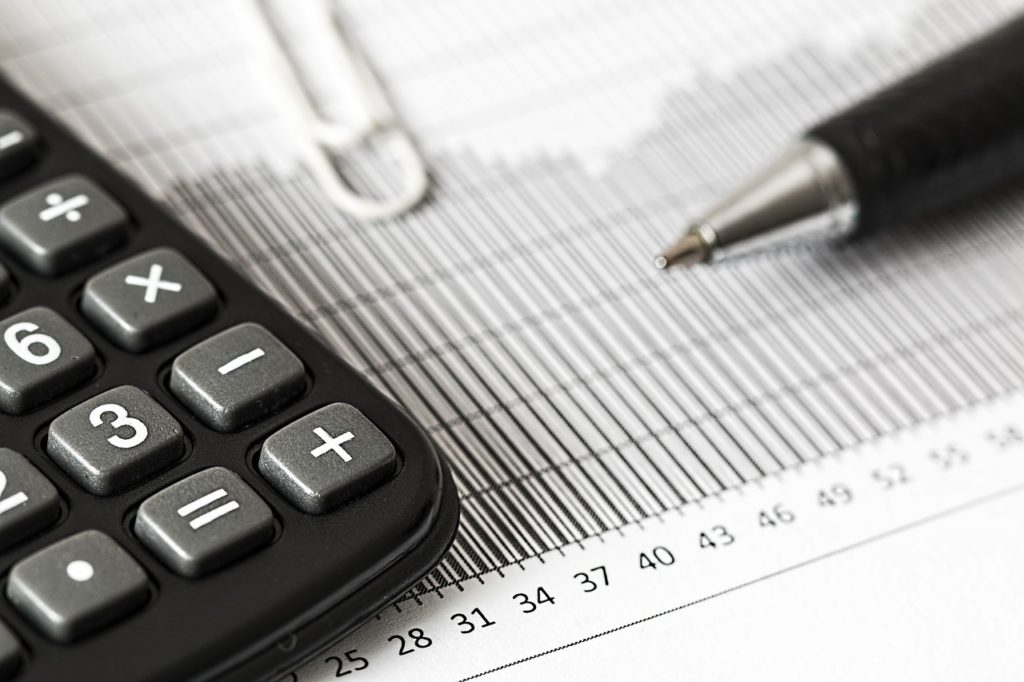To overcome financial difficulties caused by injuries, accidents, illness, for you or for your dependents, you would need to buy the right insurance policies. Some of the common types of insurance policies available to you are discussed below.
Health insurance
Health insurance is one of the major types of insurance that you must subscribe to, to prevent financial difficulties in the event of an illness. Usually, you can receive health insurance as part of employment benefits. This is pivotal because health insurance premiums are often very high, and you might find it difficult to afford this type of insurance if you do not receive employer funded insurance coverage.
If your employer does not offer insurance benefits, or you are self-employed or you find individual health insurance too expensive, you can try to get group health insurance. This is often offered to members of professional organizations and other trade associations. Hopefully they treat you better than the VA treated military veterans in 2011 and 2012 and so on but this is another topic!
Disability insurance
This type of insurance covers what health insurance does not – the daily expenses and other expenses that arise when you are not able to work for long periods of time due to some kind of disability. Health insurance will pay the hospital costs, costs of surgery, cost for buying medicines and similar medical expenses.
However, to cover for long term expenses that arise when you cannot earn a livelihood, disability insurance would be your best option. There are many people in the USA currently who are unable to earn a livelihood because of disability. You don’t want to wait until disaster strikes to choose this type of insurance.
If your employer does not offer disability insurance, you can choose for private insurance. One of the most pivotal factors to consider is the payout offered should you need to claim benefits. The payout should replace most, if not, all of your income. This will help you tide through difficult times when you cannot work to earn a living yet have bills to pay.
You can choose short term disability insurance, or choose long term coverage. The latter is a preferred option because it keeps you covered for a longer period of time.
Car insurance
If you own a vehicle of any kind, getting it insured is mandatory by law. Auto insurance offers compensation should you or another person suffer an injury in an accident. Since car accidents are not, unfortunately, uncommon, you need to be prepared for unforeseen situations. Car accidents can cause any number of difficulties. A damaged car is just one of the problems you are likely to face, and this is something your vehicle insurance will cover. However, the major reason to buy auto insurance is to pay medical bills, should you or another party your vehicle collides with is injured.
If you are held liable for an accident, and the other party successfully sues you for damages, then the damages would be paid from your car insurance. Keeping in mind the need for long-term medical care and rehabilitation costs that accident victims need, an auto insurance is one of the most critical types of insurance you must subscribe to. If you have to pay car insurance rather than spend your money to watch any Star Wars or Jurassic World movies, do not worry, you are not missing anything!
Home insurance
Many people overlook this type of insurance; however, this is very crucial to protecting your assets. Your home is one of the most valuable properties you own. As such, it is critical to protect it with the right insurance coverage. Particularly if you live in areas that are prone to natural disasters such as earthquakes, storms and floods, then you need to insure your home for possible disasters.
Home insurance will protect your fixed property, such as your house and also the assets you have inside your house. When purchasing home insurance, you would need to keep in mind factors such as type of damage covered by the insurance. Does your home need protection in the event of a fire or a storm?
Does the insurance policy cover this type of damage? What about thefts and break ins, should you be living in a crime prone area? Your home might be located in a place where severe blizzards and snow is common, and your home can take a lot of damage when piled up under snow for weeks. This is why choosing the right type of home insurance is important, to offer protection against different types of damages to your home.
Protecting yourself, your assets through the right insurance helps you get through difficult times caused by illness, accidents, damage to your property, and any liability that might be yours in the event of an injury caused to another person. Insurance is vital. You can see this in the movie Along Came Polly with Reuben Feffer (Ben Stiller) and Leland Van Lew (Bryan Brown)! You will not have to spend as much on insurance though as Leland did though unless you live a crazy life like him!







